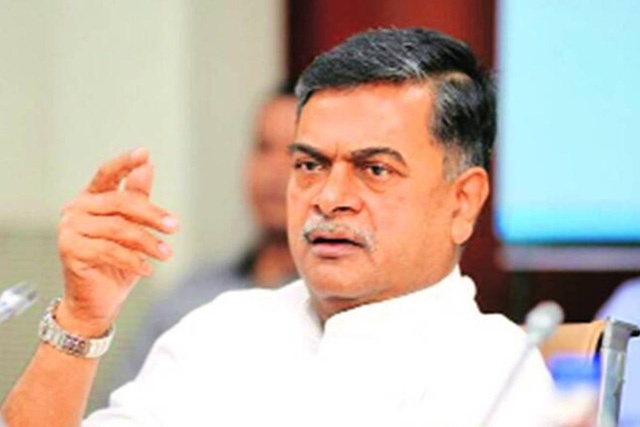The Union power ministry has asked power sector CPSUs like NTPC to consider revising contract documents with enhanced penalties if state-run equipment supplier Bharat Heavy Electricals (BHEL) fails to meet quality parameters or delays project execution.
The development comes at a time when 13,410 megawatt (MW) of under-construction thermal power plants to be owned by CPSUs, where BHEL has been awarded construction or equipment supply contracts, are facing delays and the project costs now cumulatively stand at Rs 1,08,850 crore — 17% higher than the amount initially estimated. Most of these plants are being set up by NTPC.
Union power minister RK Singh, in a recent meeting, said, “The inordinate delays (by BHEL) have resulted in higher completed costs of the power projects and consequently higher power tariffs for consumers.” According to the minutes of the meeting, reviewed by FE, BHEL has been asked to “take actions to compete with the other market players” in the sector. BHEL hasn’t responded to an e-mail sent by FE by press time.
NTPC CMD Gurdeep Singh said in the meeting BHEL was not being able to mobilise adequate manpower and machinery “even after a considerable time after award”. BHEL is unable to supply material on time even from its own manufacturing units, and was defaulting in payments to contract labourers, leading to industrial relation problems at the projects. Performance issues with equipment supplied by BHEL, such as frequent boiler tube leakages and high turbine vibrations for newly commissioned units at NTPC’s Barh, Nabinagar, Gadarwara, Darlipalli and Mouda power plants, were also flagged in the meeting.
The current import restrictions on Chinese equipment is also apparently posing a challenge to BHEL’s ability to install pollution-reducing flue gas desulfurisers (FGDs) in power plants within schedule. About 16% of required components are usually sourced from the neighbouring country. BHEL has assured the ministry of “completing the FGD installations in a time-bound manner as well as making all-out efforts to develop indigenous manufacturing facilities to replace imported items’ ‘. FGD tenders of 80 GW have been finalised across the country, of which BHEL has been awarded 30 GW. FGD contracts comprise about 17% of BHEL’s current order book of Rs 86,603 crore.
BHEL draws about 75% of its revenue from the power segment. Delays in executing power contracts is detrimental to its own income as it gets a small percentage of payments in advance while the rest is paid only after completion of projects, elongating its receivables cycle.
At the end of Q1FY21, BHEL’s receivables stood at around Rs 35,332 crore, of which 12% are from the private sector, 48% from state entities, 33% from the Centre, and 7% from international markets. “Due to slow-moving receivables and sluggish revenue, the working capital, as a percentage of sales, stood high at 99% in FY20,” analysts at Motilal Oswal noted. At the end of Q1FY21, BHEL’s losses widened to Rs 897 crore from the loss of Rs 216 crore in the corresponding period a year ago.



































